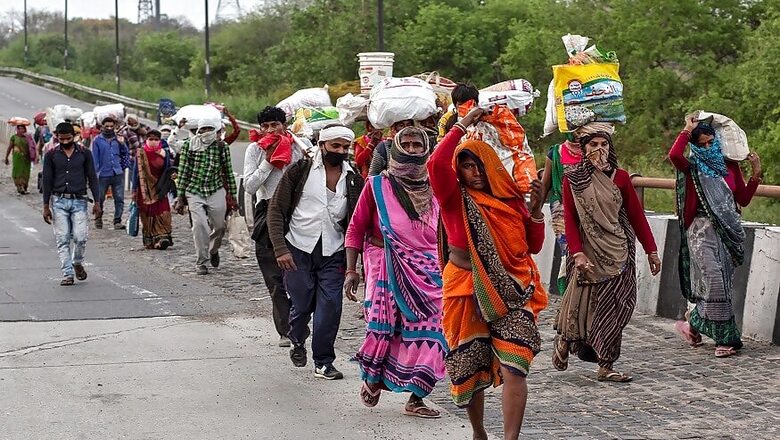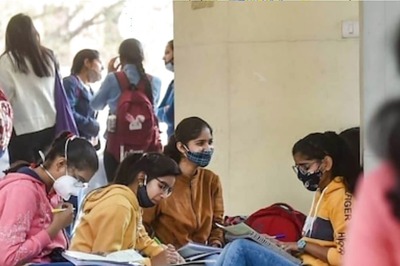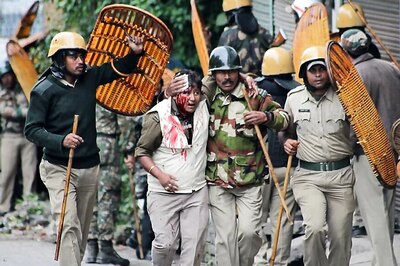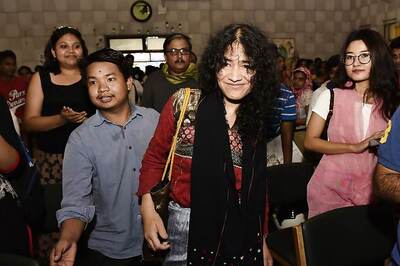
views
New Delhi: Citing the migrant workers' case, Chief Justice of India SA Bobde on Friday said it is not for the Supreme Court to take up each and every matter at the first instance, especially when facts differ from one state to another.
CJI called it "odd" that the top court requires to explain it to the lawyers too even though they should understand how it all works.
"Lawyers and people have expressed disappointment that the Supreme Court did not urgently entertain various matters such as migrant workers' case etc. But they should know when facts differ from states to states, it shouldn't be the Supreme Court that can hear a case," said Justice Bobde.
The CJI pointed out that these are "fact-intensive matters that vary from state-to-state, and even district-to-district in some cases."
"We find it very odd that we have to say it as a bench that it is for a jurisdictional court to look into these facts and decide at the first instance. We should be approached only in the second instance where we also have the benefit of the high court judgment too," said Justice Bobde.
The CJI was of the view that when a case is based completely on facts, it would not be prudent for the Supreme Court to entertain a matter and issue directions when the situation on ground could differ from one state to another.
The comments by Justice Bobde seem to address strong criticism of the top court over delay in taking up various issues relating to migrant workers, including their return to home states, food and shelter.
It had later taken a suo motu cognisance of the issue and passed several directives while continuing to monitor the steps being taken by different states.
The remarks today came on a petition regarding tuition fees being charges by the schools for the online classes.
The bench, which also included Justices R Subhash Reddy and AS Bopanna, refused to entertain this petition, saying the petitioner should go to the high court concerned since different states might have different policies.
It added that high courts could have also issued different directions in their jurisdiction and hence, it will be appropriate for the petitioner to move the high court concerned in the first instance.




















Comments
0 comment